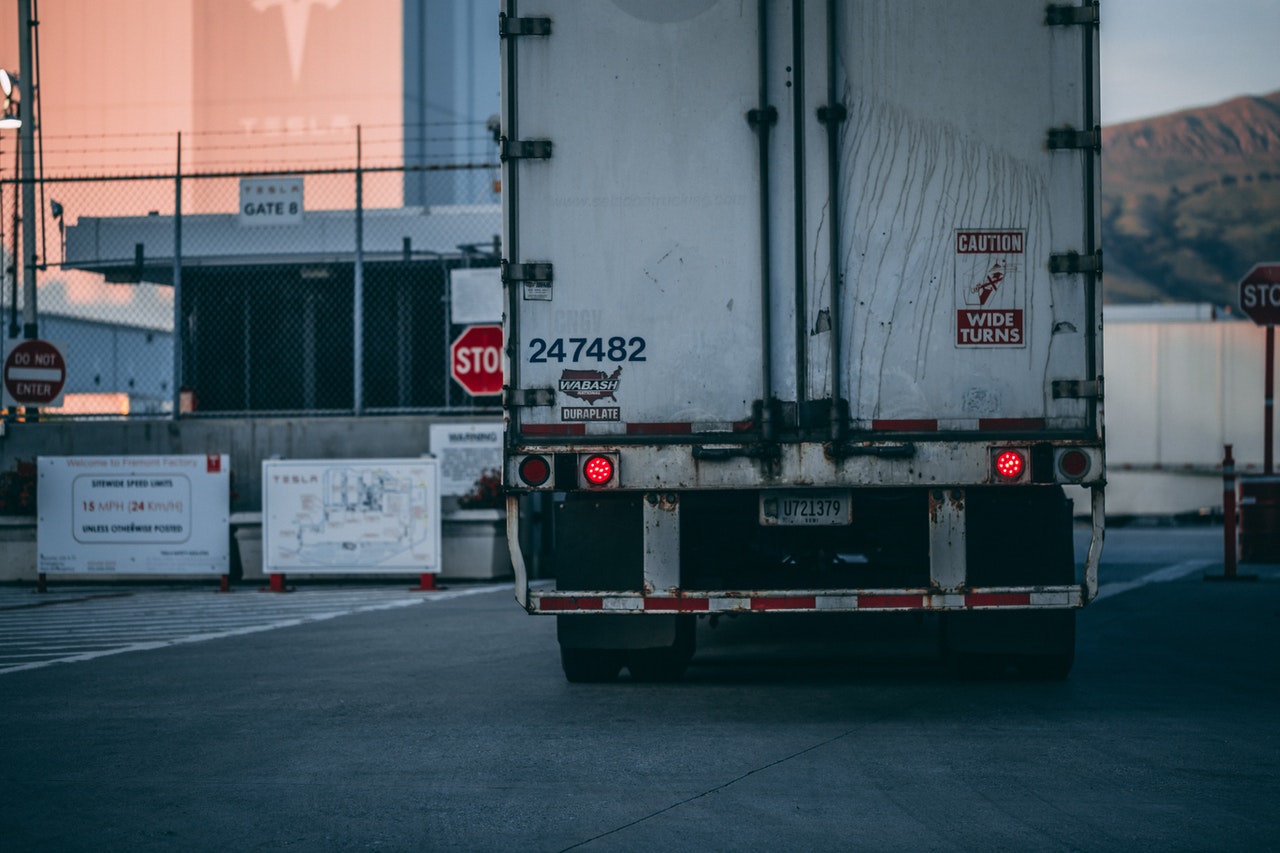Many freight forwarding services offer a wide range of benefits. To decide which service is right for you, it’s important to understand the difference between each and how they can help your business. Freight forwarding services have been around for centuries. Originally, they were used to providing a means for merchants to transport goods from a producer or manufacturer to another location. Today, freight forwarders typically manage cargo movement from one country to another by land, sea, or air. Read on for an overview of high-level freight forwarding services and what you need to know about them before deciding which company is best for you.
How Do I Choose A Freight Management Provider?
When looking to hire a freight management company, one of the first things you should consider is the services you need. You may need an expert who can help you move and store your goods. You may also need to collect and keep shipping documents and contracts, sort and keep track of the products you carry and send invoices and statements.
Another factor to consider is the level of personal attention you are looking for. Freight forwarders who want to put a personal touch on their services are better at understanding the requirements and needs of their clients. Freight forwarders with big transportation and distribution centers can help you manage your business even better.
Benefits of E-Procurement
E-procurement means the use of scalable internet technologies in an automated procurement process. The tool simplifies the procurement process by letting procurement professionals communicate easily and effortlessly throughout each industry’s procurement process. Often, the benefit of using e-procurement is the lower transaction time required, increased standards, increased trading communities, and the optimization of the procurement cycle for new products. Here are other benefits of e-procurement.
Mitigate procurement risks
E-procurement transactions can easily be carried out electronically, eliminating the risks associated with paper procurement. It prevents fraud and tax evasion in countries with paper requirements by electronically paying the taxes on goods. It also reduces the chances of paper documents getting lost, ripped, or destroyed. Reduce the number of redundant agencies involved in the purchasing process.
Eliminate approval bottlenecks
E-procurement supports the move to an increasingly electronic and interconnected procurement world. With freight procurement software, administration, and supervision of all vendor relationships in the purchasing organization, it becomes simpler. Established e-commerce systems have already completed logical integration. This leads to a new way of thinking and working in the procurement function, which can save time and money and increase the profitability of the buying organizations. Reduce the risk of late payments and disputes.
Empower your suppliers with self-service
With an E-procurement system, you can specify a price other parties have already agreed on, eliminating the tedious process of negotiating the seller’s price with the purchasing company. E-procurement systems streamline the sales and purchase process, promoting the future of faster, simpler, and well-managed procurement.
Conclusion
The specific need for freight forwarding services arises with the purchase of new assets, particularly when the asset has a high capital value and uncertainty about its eventual value. Take a fleet of trucks, for example, or the ability to export or import a high volume of products from one location to another. The seller often requests that the shipping company process the shipping insurance claim in the country where the goods are exported.








Leave a Reply